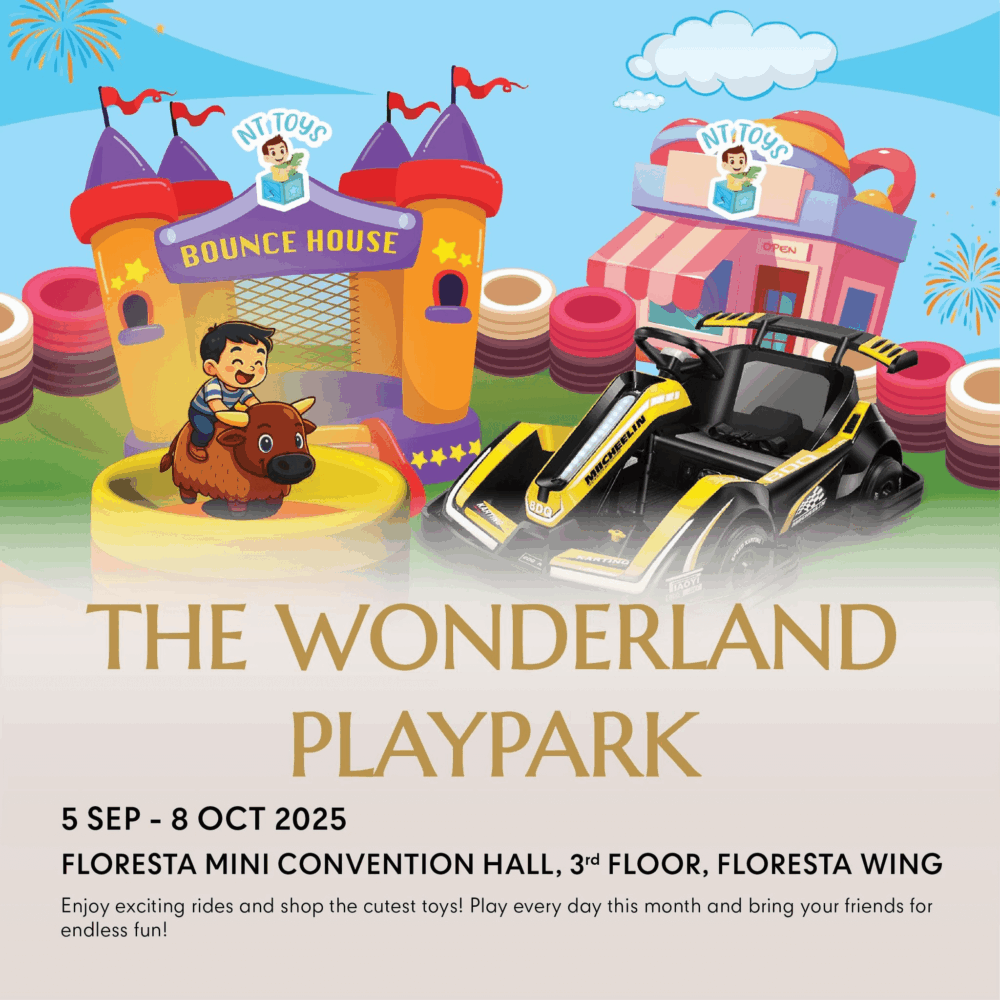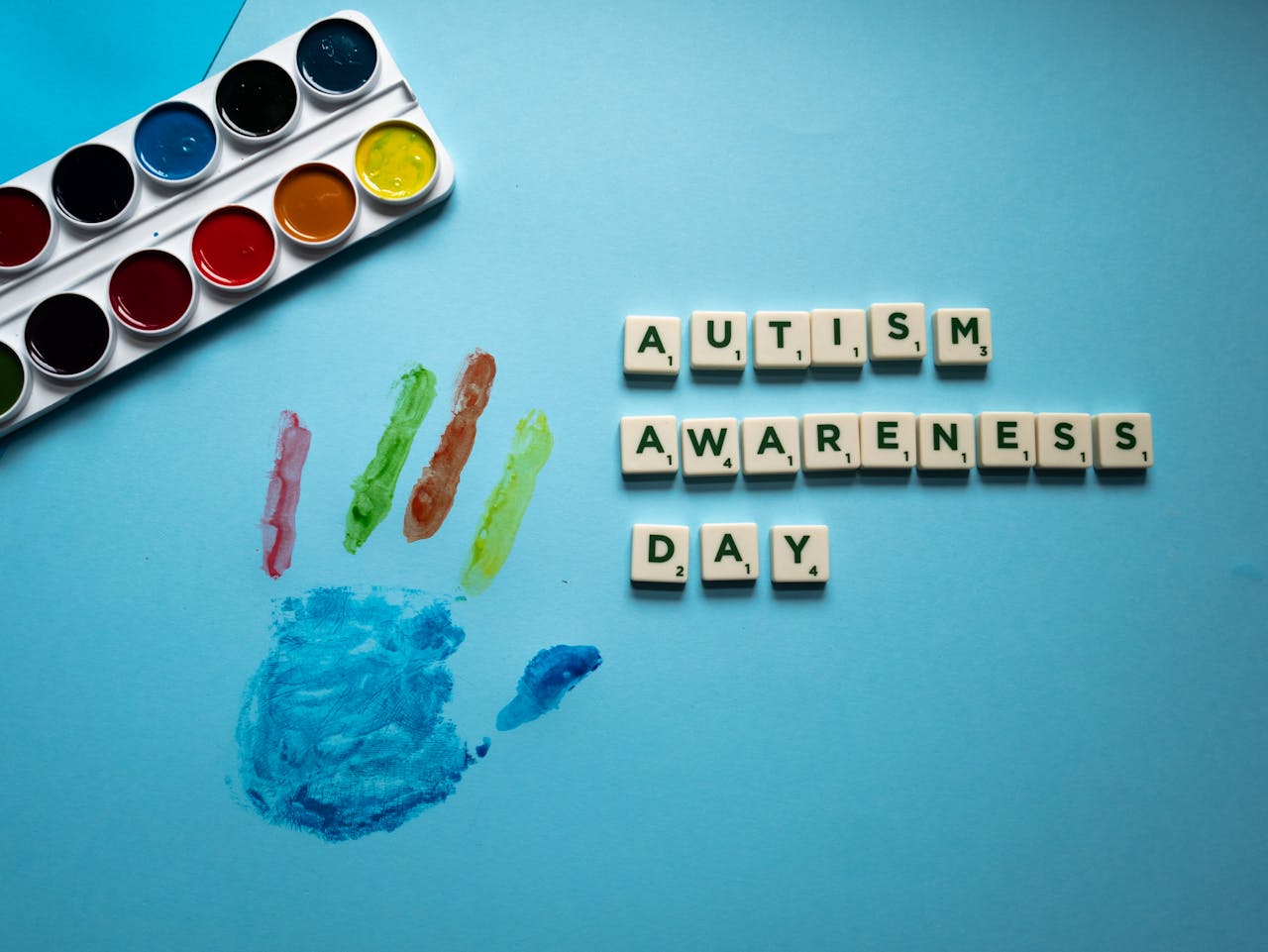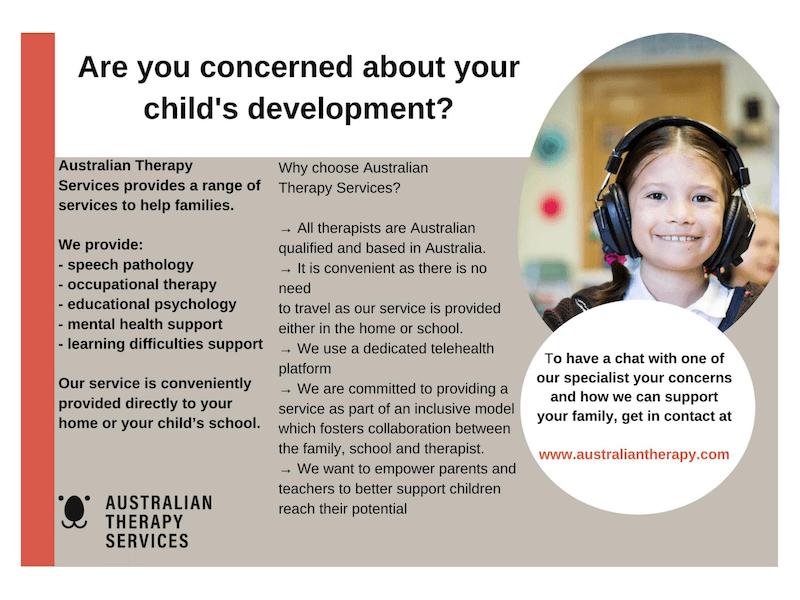Sometimes clumsiness is more than just being awkward. Many children with dyslexia also have dyspraxia, or developmental coordination disorder (DCD). This affects physical coordination, fine and gross motor skills, sensory processing, time management and information processing. Children with DCD may appear accident prone, bump into objects, drop things or fall often. If these accidents happen regularly, it may be worth getting your child assessed.
Dyspraxia is around three or four times more common in boys than girls and can run in families. It affects everyday tasks that most children take for granted.

Early Signs in Infants
Parents often watch for early milestones such as rolling over, sitting, crawling and walking, and if a child is behind on these by around age two, it could indicate DCD. Other early signs may include unusual body positions or postures during the first year, difficulty playing with toys that require hand-eye coordination such as stacking bricks, and challenges learning to use a spoon, knife or fork.

Challenges in Older Children
As children grow, dyspraxia can affect more aspects of movement and daily life. Playground activities like hopping, jumping, running, and catching or kicking a ball may be difficult, which can lead children to avoid group games. Walking up and down stairs or moving through crowded spaces may feel awkward. Writing, drawing, and using scissors may appear messy or underdeveloped. Dressing, doing up buttons, or tying shoelaces can be frustrating. Staying still may also be hard, with frequent arm and leg movements.
Additional Issues
Children with DCD often face other challenges beyond physical coordination. They may have a short attention span and struggle to concentrate. Following instructions or copying work can be difficult, and they often perform better in one-to-one settings. Organising themselves and learning new skills can be slow, and they may experience social challenges, such as avoiding team games and facing potential bullying. Behaviour problems may arise from frustration, and self-esteem can be low. Despite these difficulties, cognitive development, speech, and general intelligence are usually unaffected.

Related Conditions
Dyspraxia can co-occur with other conditions such as:
- ADHD – affecting attention, impulse control and activity levels
- Dyslexia – affecting reading and spelling
- Autism – affecting social interaction, communication and behaviour
In Phuket, there are specialists and learning support resources available for assessment and intervention. Early identification can help children develop skills, confidence and independence.














